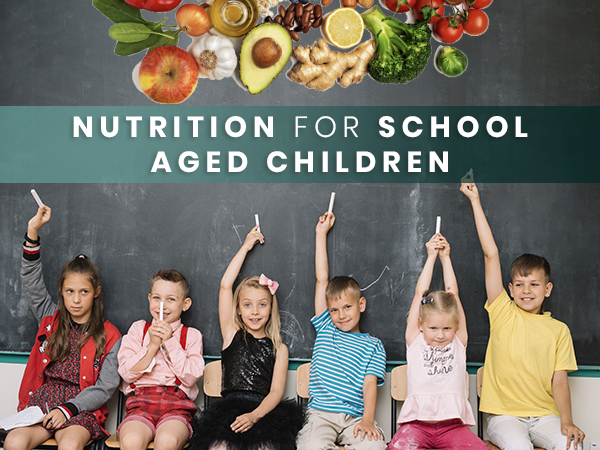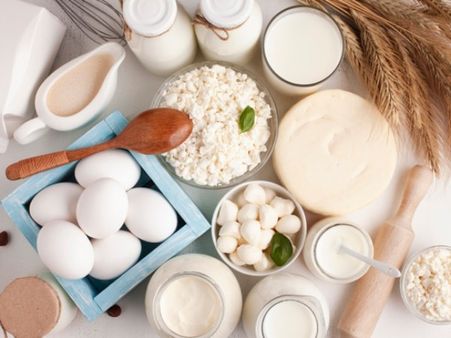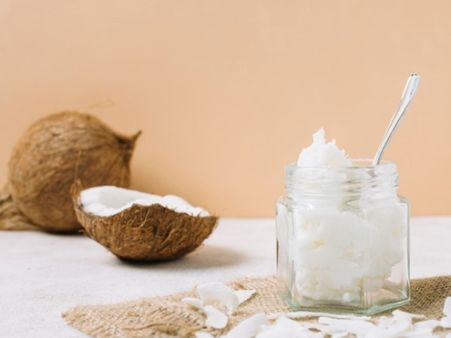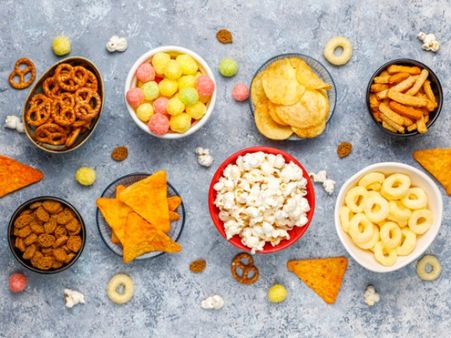Just In
- 5 min ago

- 17 hrs ago

- 17 hrs ago

- 20 hrs ago

Don't Miss
- Education
 Cochin Shipyard, IIM Kozhikode Invites Applications For USHUS Program To Support Maritime Startups
Cochin Shipyard, IIM Kozhikode Invites Applications For USHUS Program To Support Maritime Startups - Movies
 Pavi Caretaker Box Office Collection Day 1 Prediction: Dileep's Movie Expected To Open Strongly
Pavi Caretaker Box Office Collection Day 1 Prediction: Dileep's Movie Expected To Open Strongly - Sports
 Who Won Yesterday's IPL Match 41? SRH vs RCB, IPL 2024 on April 25: Royal Challengers Bangalore End Losing Streak
Who Won Yesterday's IPL Match 41? SRH vs RCB, IPL 2024 on April 25: Royal Challengers Bangalore End Losing Streak - Finance
 Bajaj Group Stock Declares Rs. 60/Share Dividend: Buy Ahead of Record Date On 28 June?
Bajaj Group Stock Declares Rs. 60/Share Dividend: Buy Ahead of Record Date On 28 June? - News
 MEA Dismisses US Human Rights Report On Manipur As 'Biased And Misinformed'
MEA Dismisses US Human Rights Report On Manipur As 'Biased And Misinformed' - Automobiles
 Royal Enfield Unveils Revolutionary Rentals & Tours Service: Check Out All Details Here
Royal Enfield Unveils Revolutionary Rentals & Tours Service: Check Out All Details Here - Technology
 Elon Musk’s X Is Launching a TV App Similar to YouTube for Watching Videos
Elon Musk’s X Is Launching a TV App Similar to YouTube for Watching Videos - Travel
 Escape to Kalimpong, Gangtok, and Darjeeling with IRCTC's Tour Package; Check Itinerary
Escape to Kalimpong, Gangtok, and Darjeeling with IRCTC's Tour Package; Check Itinerary
An Expert’s Guide For Parents: Nutrition For School-aged Children
Children who are fed healthy foods grow up loving healthy foods. As parents, we make sure we do the best under our capacity for the wellbeing of our child. And when it comes to foods, we will try to always provide the most nutritious meals. A healthy eating pattern is the same for a child as it is for adults although some nutrients differ in quantities.

Remember to start by setting a good example at home with your own eating habits. Because children follow what they see and not what they are told.
Many children are incredibly fussy and will refuse food many times before they will eat and enjoy it, so do not be discouraged - keep offering healthy meals with a lot of variety. A child needs strong bones and teeth, healthy digestion, oxygen-rich blood, and healthy nutritional habits that they can carry on till adulthood and further. Investing in early childhood nutrition has incredibly high returns [1][2].
Boldsky's nutritionist Mahima Setia provides an insight into the topic of nutrition for school-aged children. Listed below are some nutrients the children need in a good amount.

Protein
Dairy, eggs, nuts and seeds, meat, fish, lentils and legumes are all protein-rich foods. Have a variety of lentils and legumes in rotation to get all amino acids for better protein assimilation. Dairy, nuts and seeds should be a staple every day.


Calcium
Milk and milk products are a good source of dairy. However, some children are averse to them and its completely fine. Ragi, amaranth puffs/flour, Fox nuts are a good source of calcium. All nuts have a good amount of calcium. Include green leafy vegetables at least 3 times a week. Chia, sesame and sunflower seeds are also rich in calcium.


Iron
For a balanced diet, try rotating iron sources and encourage toddlers to eat a wide variety of foods. Nuts and dried fruits are good sources of iron. Include figs, dates, prunes, apricots, cashews, pasta and almonds. All lentils, beans, eggs and fish have a high content of iron.
Remember to team the iron-rich foods sources with a vitamin C rich food to enhance the absorption of iron.
Eg: always squeeze lemon over lentils, legumes and have an orange, kiwi, melons with nuts.

Antioxidants
These should be part of the children's diet to help them fight the toxins they invite inside their bodies through free plays, touching unclean surfaces, being exposed to viruses and bacteria's constantly. Including seasonal and fresh fruits and vegetables is the best way to ensure they get their daily dose of antioxidants.


Fibre And Water
Lastly, all health is made in the gut. Thus, a clean gut is of utmost importance if we need that all the above nutrients to be absorbed and used by the body. Children tend to drink less water; hence we can include lemonade's, coconut water, Raw mango drink, buttermilk and plain water. For good fibre, include small portions of salads in their meals and whole grains and lentils.

Ghee or coconut oil (cooking medium)
It is best to use ghee or coconut oil as a cooking medium for children. They help in raising the child's immunity [3].

Sweets/fried/excess salt/refined foods
It
is
best
not
to
store
these
foods
in
the
house.
It
is
detrimental
to
everyone's
health
and
highly
addictive
in
nature.
Indulging
in
such
foods
once
a
month
as
a
treat
or
change
is
fine
but
it
shouldn't
become
a
habit.
As
parents,
we
should
strive
to
provide
a
lot
of
variety
rather
than
quantity.
Small
portions
of
food
multiple
times
will
ensure
that
the
child
gets
a
diverse
set
of
micronutrients
and
absorbs
them
efficiently.

An Ideal Meal Plan Sample
An ideal (sample) food plan for children would be :
- Waking up - Milk/any fruit/nuts and seeds (presoaked)
- Breakfast - Whole grain-based like poha/upma / idli dosa sambhar/parantha
- Mid noon - Veg juice/coconut water/fruit
- Lunch - Roti + green veg + dal/sprout + curd + small portion salad
- Evening - Milk/nuts and seeds(presoaked)/dhokla /cheela
- Dinner - Rice + dal + salad + veg
- Bedtime - Haldi milk with cardamom
-
 healthExclusive: New Year 2024: Let's Understand The Value Of Nutrition Resolution And Set Realistic Goals!
healthExclusive: New Year 2024: Let's Understand The Value Of Nutrition Resolution And Set Realistic Goals! -
 healthCan Eating These Foods Trigger Tumour Growth?
healthCan Eating These Foods Trigger Tumour Growth? -
 healthWeight Loss: 4 Habits That Make You Gain Weight And Not Burn Fat
healthWeight Loss: 4 Habits That Make You Gain Weight And Not Burn Fat -
 healthBudget-friendly Nutrition: How to Maintain a Healthy Diet without Breaking the Bank?
healthBudget-friendly Nutrition: How to Maintain a Healthy Diet without Breaking the Bank? -
 healthIndian Cuisine: A Natural Solution To Chronic Pain Through Nutrition
healthIndian Cuisine: A Natural Solution To Chronic Pain Through Nutrition -
 healthNational Nutrition Week 2023: Did You Know That These Nutrition Deficiencies Can Lead To Death?
healthNational Nutrition Week 2023: Did You Know That These Nutrition Deficiencies Can Lead To Death? -
 healthTeachers' Day 2023: Healthy Lunch Box Recipes For Busy Teachers in India
healthTeachers' Day 2023: Healthy Lunch Box Recipes For Busy Teachers in India -
 healthIs Dal Good for Weight Loss?
healthIs Dal Good for Weight Loss? -
 healthOnam Special: Traditional Superfoods To Try
healthOnam Special: Traditional Superfoods To Try -
 healthTo Peel Or Not To Peel: Should You Peel Carrots Before Eating?
healthTo Peel Or Not To Peel: Should You Peel Carrots Before Eating? -
 healthHealth Benefits Of Noorjahan Mango: This MP Fruit Cost You Upto Rs 1000 Per Piece
healthHealth Benefits Of Noorjahan Mango: This MP Fruit Cost You Upto Rs 1000 Per Piece -
 healthDiabetes: Summer Nutrition Tips For Diabetes Patients
healthDiabetes: Summer Nutrition Tips For Diabetes Patients


 Click it and Unblock the Notifications
Click it and Unblock the Notifications






